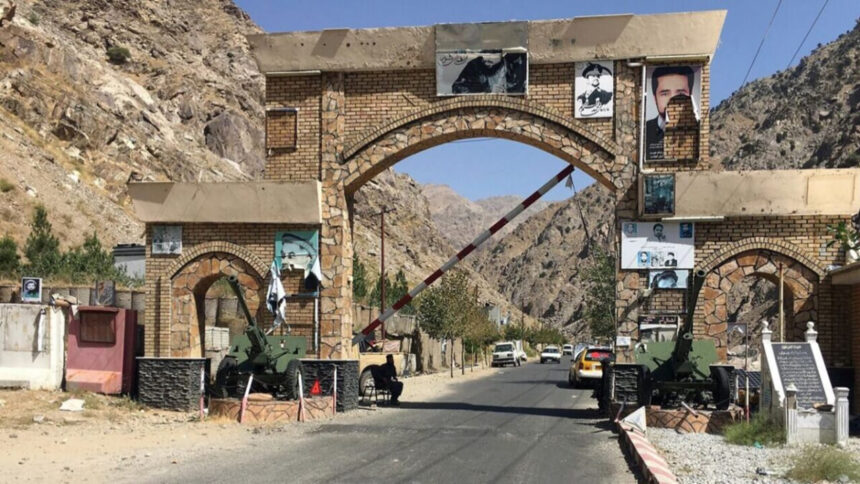RASC News Agency: In a further escalation of repressive measures targeting the residents of Panjshir province, the Taliban have unofficially banned the use and possession of smartphones, particularly by local civil servants and government employees. According to multiple local sources, the directive although not formally publicized has already come into effect in several districts across the province. While the Taliban leadership has reportedly framed this decision as a measure to “prevent the spread of false information and safeguard Islamic values,” analysts and human rights observers argue that the real motivation is far more authoritarian. The move is widely seen as part of a broader strategy to obstruct the flow of information from a region that remains a symbol of defiance against Taliban rule.
Residents traveling within Panjshir have reported increased security checks and phone inspections at Taliban-controlled checkpoints. These inspections disproportionately target locals and travelers suspected of having any link to anti-Taliban forces. Taliban fighters are allegedly scrutinizing mobile content and communication records to identify any contacts with opposition elements. Panjshir has stood as a bastion of resistance since the Taliban’s return to power in August 2021. The group has responded with a sustained military presence in the province, transforming it into a heavily surveilled and militarized zone. Reports of arbitrary arrests, extrajudicial killings, torture, and collective punishment against civilians have frequently emerged from the province, with watchdog organizations such as Human Rights Watch and Amnesty International consistently condemning these abuses.
Over the past four years, dozens of investigative reports have documented horrific instances of civilian executions, enforced disappearances, and torture all carried out by Taliban forces without any legal oversight. Despite international outcry, the group has shown little interest in observing basic principles of justice or human rights. The latest restriction on smartphones a vital tool for documenting abuses and connecting to the outside world marks a significant escalation in the Taliban’s campaign to silence Panjshir. By disabling the province’s ability to bear witness to its own suffering, the Taliban appear determined to erase evidence and suppress the voices of those who continue to resist their authoritarian grip.
Critics argue that such measures reflect the Taliban’s deep insecurity and fear of exposure rather than any genuine commitment to public order or religious values. With this calculated move to isolate Panjshir from digital communication, the group seems intent on converting the province into an information black hole where resistance is crushed in silence, and truth is buried beneath censorship.






